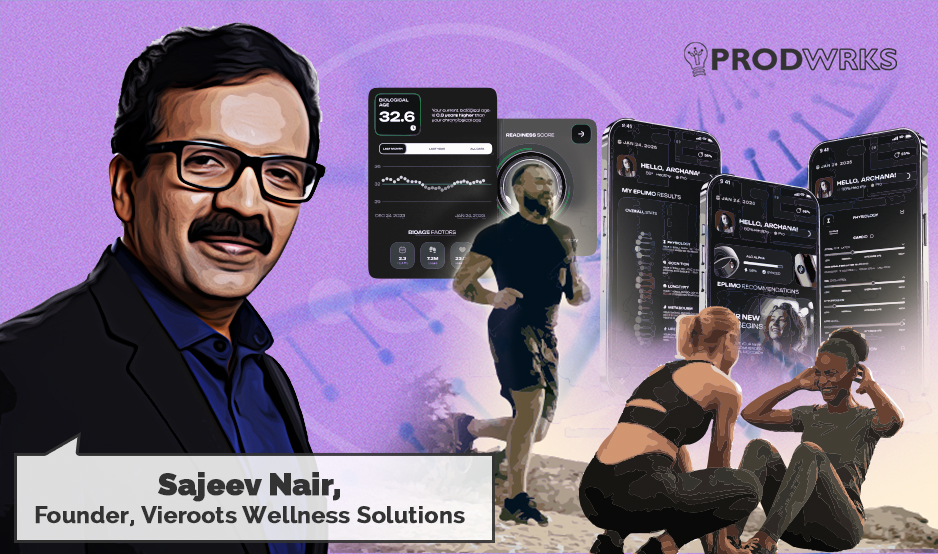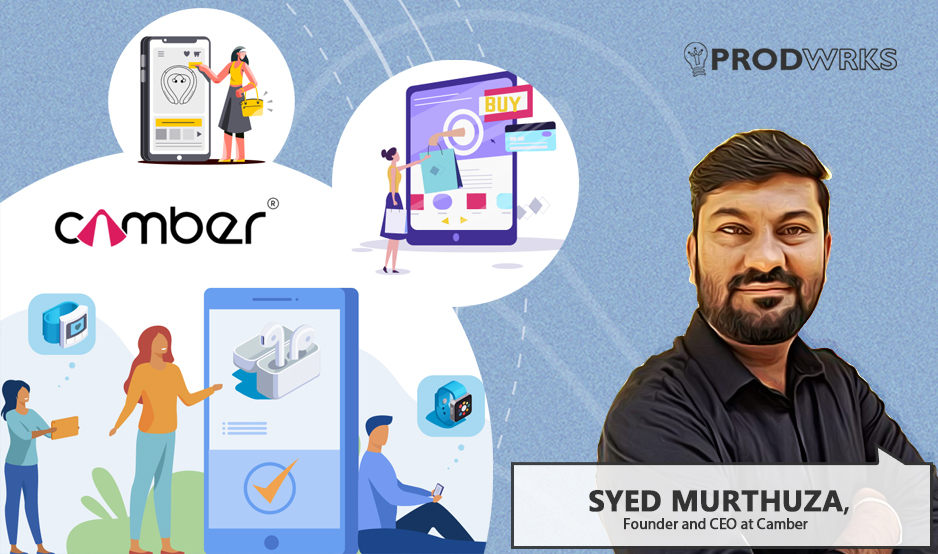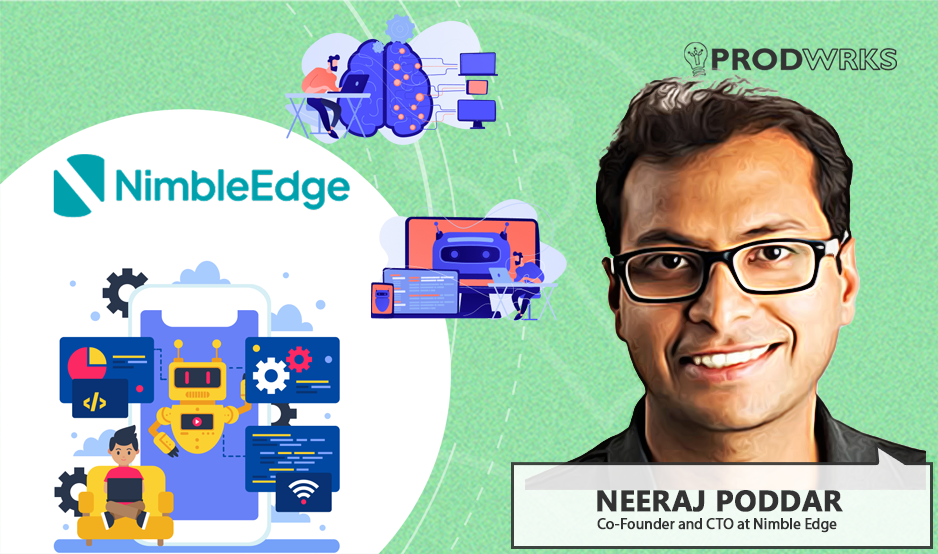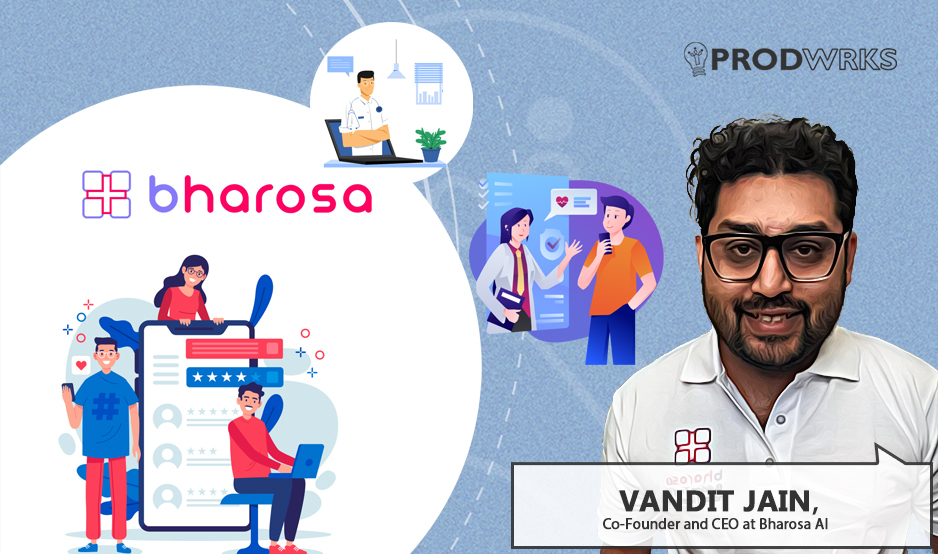
Imagine a world where your wellness journey is tailored to your genetic makeup. This isn’t a distant dream; it’s today’s reality. As lifestyle diseases like diabetes and cardiovascular ailments surge, the traditional reactive approach to healthcare—treating sickness after it strikes—is proving inadequate. Preventive healthcare is taking precedence, and consumers today are increasingly looking for “biohacks” to stay healthy.
Biohacking typically involves making incremental changes to your body, diet, and lifestyle to improve health and well-being. The global biohacking market was valued at USD 23.9 billion in 2023 and is projected to reach USD 67.9 billion by 2032, exhibiting a compound annual growth rate (CAGR) of 19.48%.
In India, Sajeev Nair, the founder of Vieroots Wellness Solutions and author of THE MAKING OF A SUPERHUMAN, is synonymous with biohacking. He has taken biohacking and preventive healthcare to a whole new level, using advancements in genetic science and artificial intelligence.
“When we are talking about IoT or AI, I think no other industry is being disrupted to the extent that the healthcare industry is by these technologies,” remarks Sajeev.
In Vieroots, Sajeev harnesses the power of geno-metabolic assessments, nutrigenomics, data science, and AI to create customized wellness plans, empowering users to identify and minimize the incidence of their genetically predisposed diseases, enhance longevity, and achieve “peak performance.”
Sajeev says, “We believe wellness is always cheaper than illness. Once you're sick, it’s not in your control. But when it comes to wellness, it’s all within your reach.”
EPLIMO: Making Genetics Accessible to Consumers
Vieroots’ EPLIMO program lies at the heart of Sajeev’s endeavor to bring AI and genetic science together. Until a few years ago, genetics was seen only from a clinical perspective. But EPLIMO makes the benefits of genetics accessible to regular consumers.
“When you download the EPLIMO app, we will ask you around 100 questions about your health. We also do genetic testing on your saliva, and that data comes into the app. Now, we run data correlations of your present health condition with around 275 health conditions decoded from your DNA to understand the diseases you are susceptible to and their triggers,” says Sajeev.
While most epigenetic programs are limited to providing just risk scores for diseases, Sajeev believes that they only increase panic for the users. The EPLIMO program goes one step further by finding comorbidities for diseases that you are genetically susceptible to and even suggesting lifestyle changes.
The entire EPLIMO program is designed for personalized epigenetic lifestyle modifications spanning diet, supplements, exercises, and even yoga and meditation to keep the health of its users at their peak. According to Sajeev, more than 10,000 users have gone through the EPLIMO process since 2019.
It’s all about connecting the data
As people become more conscious of their health and incorporate wearables like fitness trackers into their daily regimens, a wealth of data is collected. Sajeev believes modern healthcare or wellness management is all about connecting all the data available.
“When you visit a hospital or a clinic, all the questions that your doctor asks you—how’s your sleep, are you eating well, are you feeling any discomfort—are all about data. Till now, we were living in a world where this data was assumptions or feelings a patient has. Now with IoT technology and big data coming into the picture, you can read every bit of it accurately.”
Now Vieroots is also introducing their own range of IoT-based devices like smart rings, CGMs (continuous glucose monitors), and personal EKGs to monitor and gather accurate patient data that can help predict risk disposition for diseases and improve the holistic wellness of individuals by constantly tracking their lifestyle.
Sajeev believes that when we combine big data about patients with advancements in genetic science, we can accurately identify correlations with the disease or illness that we have currently, as well as the diseases we are genetically predisposed to. This allows for more precise identification of illness triggers and preventive measures.
This level of personalization is crucial in today’s healthcare landscape, where a one-size-fits-all approach often falls short. By tailoring preventive healthcare measures to an individual’s unique habits and geno-metabolic profiles, Vieroots ensures that each client receives the most effective and precise recommendations.
Sajeev explains, "Our program takes as its input the client's genetic susceptibility test and metabolic profile. Since these two datasets are complex and need to be assessed together, AI is employed to analyze them and come up with correlations to identify the triggers for high-risk diseases in any individual. Vieroots will then recommend lifestyle modifications to block the trigger. That’s where our specialization is.”
TRIGR: The Future of Personalized Wellness
“The TRIGR platform is going to be much more comprehensive. EPLIMO will be one part of it to obtain the genetic report. When we combine that with data from wearables and use AI, it gives us a better chance to find correlations between an individual’s lifestyle, the genetic diseases they are predisposed to, and staying healthy to lead a long and productive life.”
#1: Bloodless Blood Tests
#2: AI Trainers
#3: Biological Age Monitoring
"It's going to be hyper-personalized using the most advanced technologies and science," Sajeev notes.
The Business of Wellness: It’s a GTM Game
Sajeev emphasizes that the market size for wellness is huge and people are ready to experiment, which is evident in the sales of fitness trackers and smart rings across the country. So, whoever creates the best GTM, or the “most cost-effective GTM,” is going to be the winner in the wellness technology sector.
“India doesn't have a scarcity market; its market is huge. But the cost of customer acquisition is very high, which is driven by heavily funded companies that play the valuation game. That's something that poses a challenge for other companies that really want to do absolute justice to the market in the long term,” says Sajeev.
Despite these hurdles, Sajeev remains optimistic about the market potential since the life-time value (LTV) of users in Vieroots’ is high.
"Though the cost of customer acquisition is high, the lifetime value of our customers is also very high," says Sajeev. "Once someone goes through the EPLIMO program, they remain with us forever because they understand the value of personalized health insights. So the high cost of customer acquisitions is now worth it as they remain with us longer."
Sajeev also credits growing awareness about wellness in Tier 2 towns as a growth driver.
"Earlier, we thought it was all about metros. But we found that we are getting more acceptance from Tier 2 towns. Maybe it’s because people have a bit more time to concentrate on health and are not in a rush to make their living,” he opined.
In the rapidly shifting technological landscape of the health and wellness sector, Sajeev advises wellness startups to shift from a feature- or product-centric model to a solution-centric model, which works better to deliver value propositions to users.
“Based on insights from our user research, we understood that people were keen on looking at solutions rather than the products. Our conversion rates are poor when we use hi-funda words like genetic testing or IoTs. But when we position our messaging to talk about reversing diseases or improving health conditions, people are interested. So we have moved from a product- or feature-centric model to a solution-centric model.”
Post-COVID, Sajeev says there has been a significant increase in health consciousness. People are actively seeking wellness options but often don’t know where to turn. Sajeev positions Vieroots’ solutions to fill this gap.
“Covid was the time we went full swing because people were looking for wellness options, but they didn't know who to go to. A doctor can cure diseases, a dietitian can give you a diet plan, and fitness trainers will give you a fitness plan. But if my objective is to have better health and live for 100 years without any disease, whom should I go to? That's where the demand is.”
Vieroots’ strategy involves focusing on comprehensive health and wellness solutions that include devices and data support, rather than just selling individual products. This holistic approach is designed to enhance human performance optimization, which Sajeev sees as a key area of growth.
The Future of Wellness
We have seen that by providing tools like EPLIMO and TRIGR, Vieroots empowers individuals to take control of their health. Vieroots’ innovations have the potential to revolutionize healthcare by shifting the focus from disease treatment to preventive wellness.
Sajeev believes that by 2045, it will be possible to reverse all lifestyle diseases through genetic and AI-based interventions.
"If you know what kind of diseases you have a higher predisposition for, and what could trigger them, you can modify your lifestyle to avoid those triggers and maintain your health," he declares.
This vision aligns with the shifting global trend in healthcare delivery from the traditional fee-for-service (FFS) models to a patient-centric value-based care (VBC) model. In the emerging VBC model, the payers (insurance companies) would incentivize healthcare providers for patient outcomes and keeping the patient healthy, rather than the number of services or treatments delivered (fee-for-service) after the patient gets sick.
So there is a huge role to play for preventive healthcare and wellness solutions like Vieroots. Their solutions, like the EPLIMO program, have already been offered by medical institutions like PK Das Institute of Medical Sciences and Believers Church Medical College Hospital in Kerala.
For founders and tech leaders in healthcare, the story of Vieroots offers valuable insights into the future of health and wellness, where prevention is prioritized, and personalized care is the norm, utilizing the power of genetic science, AI, and good-old wellness wisdom.



